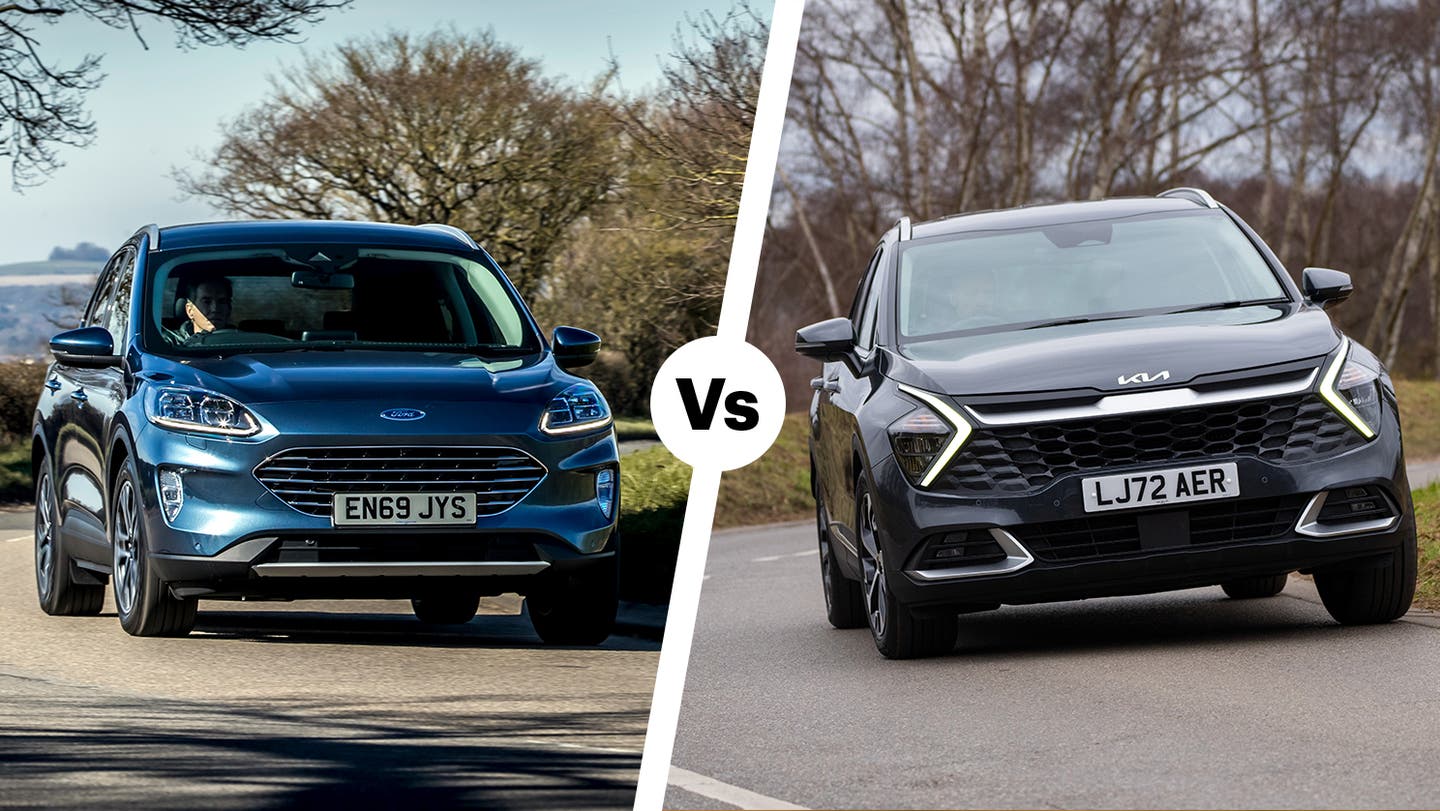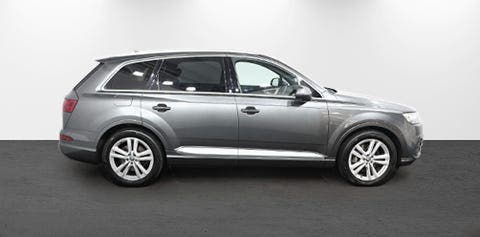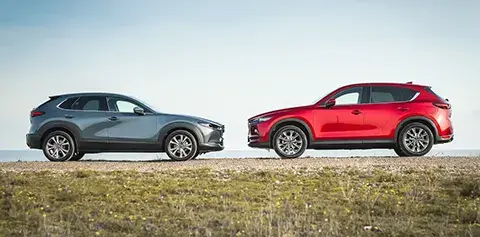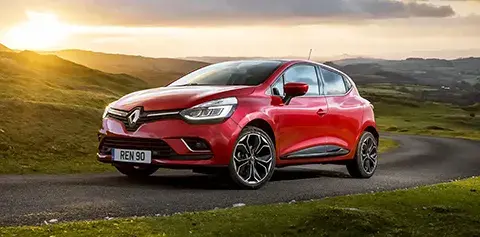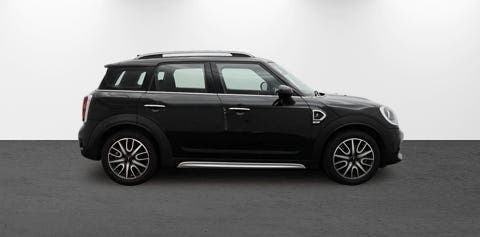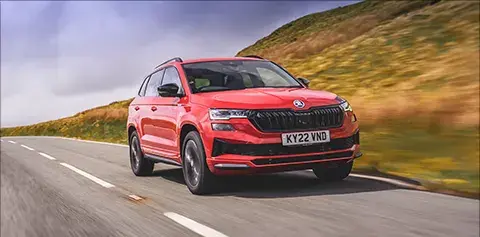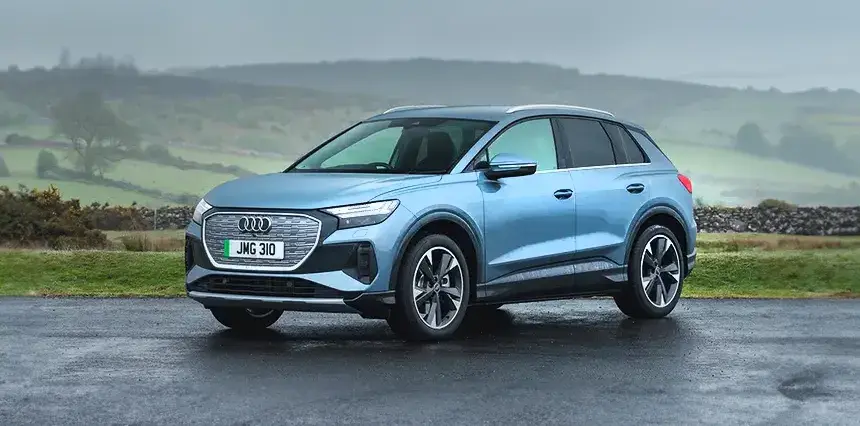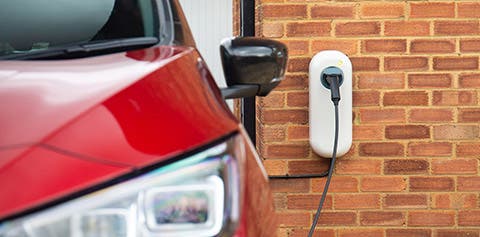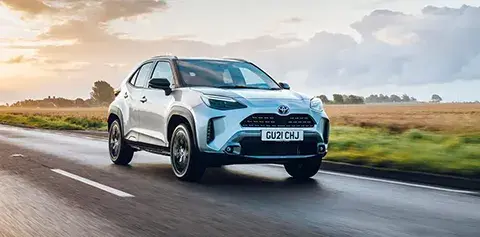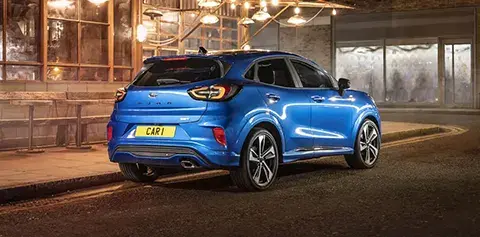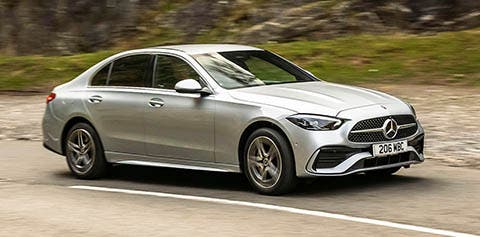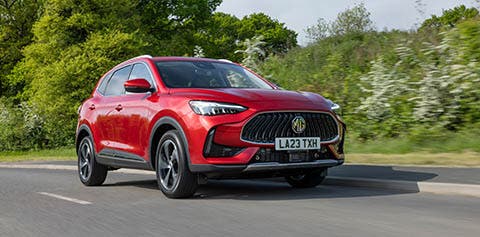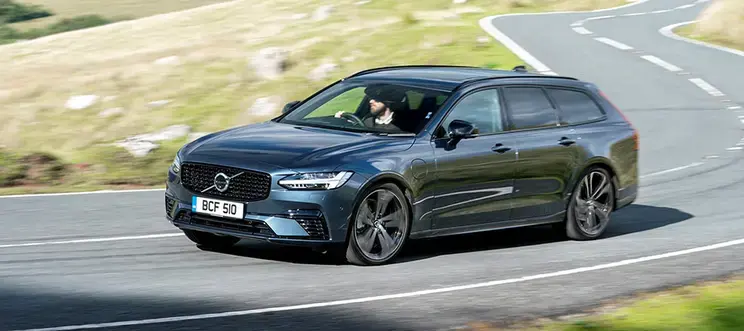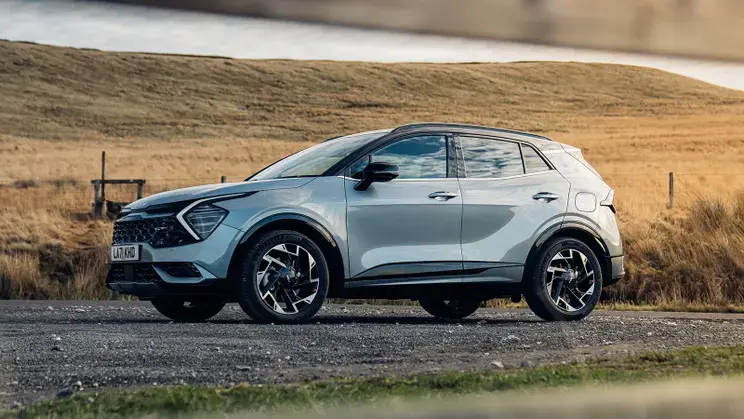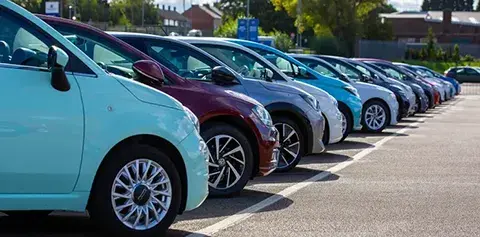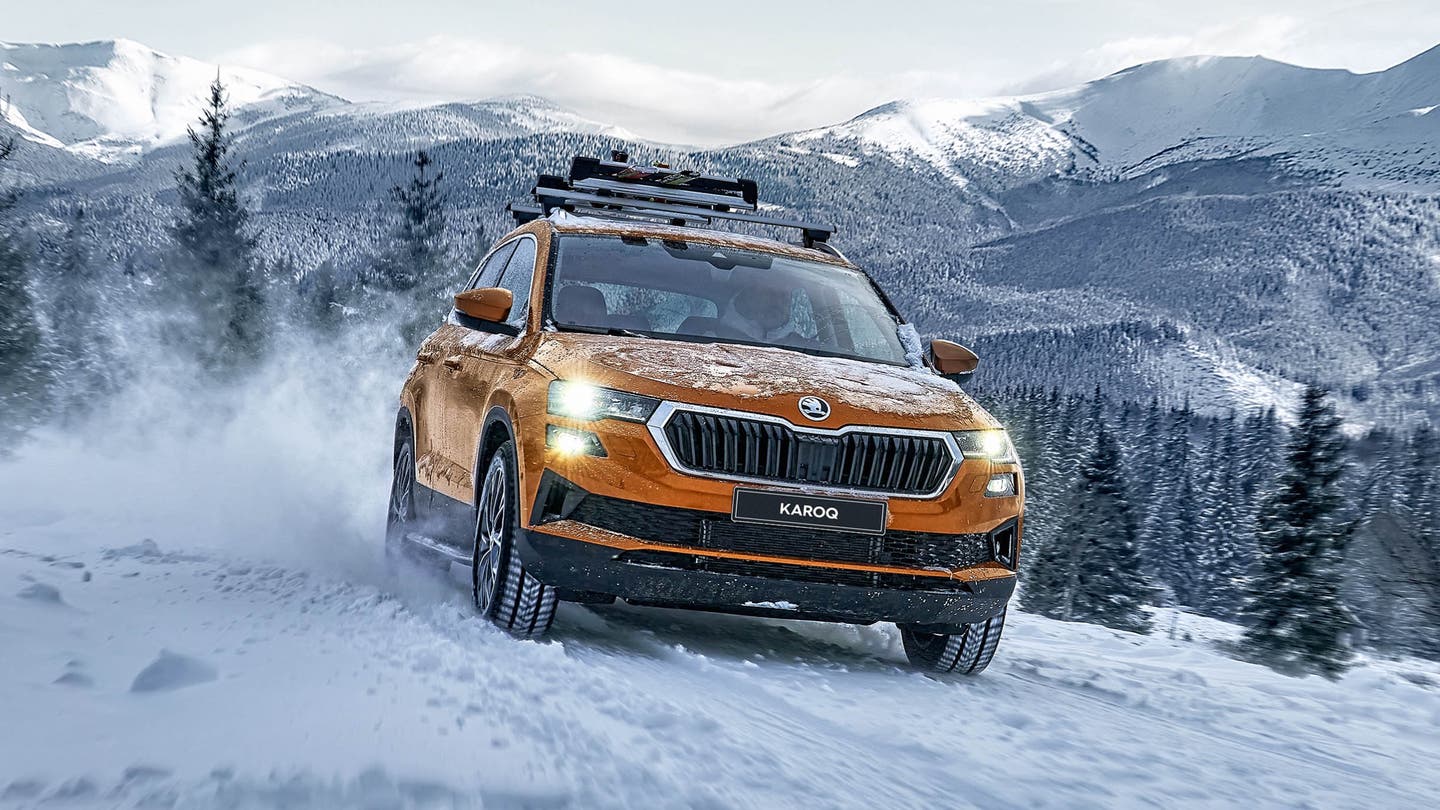What are the benefits of winter tyres and should I buy them? We answer these questions and more
For most of us, a set of new tyres is a necessary but begrudging expense. Realising you need a new set of boots for your car is never an enjoyable moment, so forgive us that we’re about to tell you that you should consider buying a second set of tyres. Winter tyres.
You’re probably thinking ‘I’ve had the same set of tyres on my car for a year and I’ve driven in winter and summer – why use winter tyres?’. Well, winter tyres are grippier than summer tyres and our winters are only going to get more severe. That’s why.
What are winter tyres?
Winter tyres are made with a different formula to summer tyres, with a higher proportion of natural rubber. They’re designed to be flexible and grippy when the mercury drops, and have wide grooves to effectively disperse lots of water or snow. Winter tyres perform best when the temperature is 7°C or below.
Cost of winter tyres
The cost of winter tyres all depends on the size and the brand that you choose. As we write this, winter tyres start at about £80 per tyre (including fitting) and go up to over £150.
There’s an upfront cost to buying winter tyres, then, but you’ll only be using them for a few months of the year so they should see you through multiple winters. By fitting winter tyres, you’re also prolonging the life of your summer tyres.
How much difference do winter tyres make?

Winter tyres help you get going, corner and stop more effectively than summer tyres in snowy or wet conditions. The difference in braking in snow can be considerable. This Bridgestone promotional video shows how effective winter tyres can be, stopping on snow from around 20mph in less than half the distance taken by a summer tyre.
Can you use winter tyres all year round?
You could use winter tyres all year round, but they’re really not designed for that. When the weather gets warmer, winter tyres will actually perform worse than summer tyres. In a brake test from 62mph to a standstill on a dry road in 20-degree weather, the stopping distance of a set of winter tyres was five metres longer than a set of summer tyres.
Because of how they’re made, winter tyres will wear out quicker in warmer weather.
If you’d like better winter grip without having to swap your tyres over twice a year, consider a set of all-season tyres. While dedicated winter and summer tyres may be a little better in really cold or really warm weather, all-season tyres give a really good balance for year-round driving conditions.
When should I put winter tyres on my car?
If you’re buying a set of winter tyres, you should put them on your car when the temperature drops below 7 degrees. In the UK, that’ll probably mean sometime in mid-autumn until sometime in early spring. Once the temperature is consistently above 7 degrees, swap back to your summer tyres.
Are winter tyres worth it?
If you can afford them, winter tyres are a good investment. Having the extra peace of mind that you’ve got the grippiest possible tyres in bad weather is surely worth the initial outlay. Once you’ve bought them, you won’t need to buy another set of tyres for a few years – as long as you manage to stay clear of punctures.
All-season tyres are worth it if you can’t justify two sets of tyres or don’t want to swap them over every six months.


